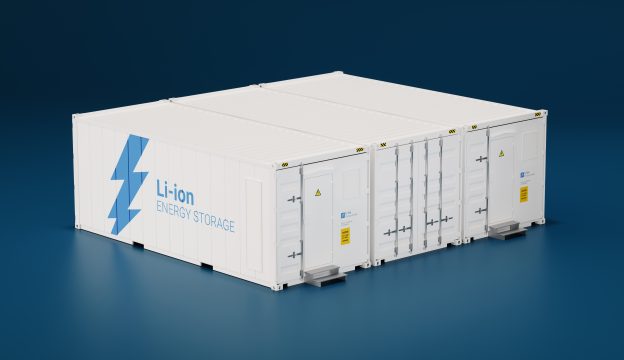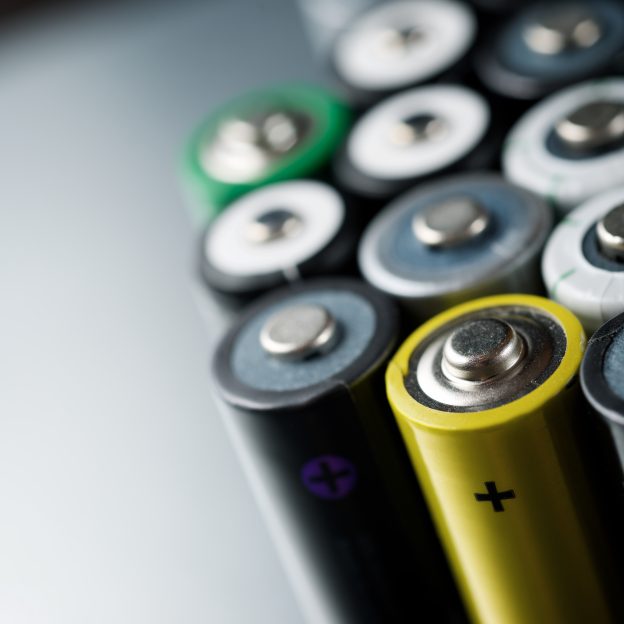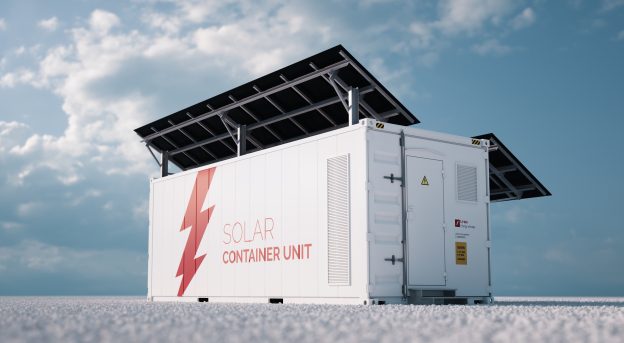This week, U.S. government agency and White House officials paid a personal visit to the home of Kiona Mack, a single mother in the economically challenged Ivy City neighborhood in Northeast Washington, D.C., joining volunteers, job trainees, and community partners to install solar panels on her home. The project was led by GRID Alternatives, the country’s largest nonprofit solar installer, which is launching its new mid-Atlantic presence with this neighborhood project to install solar energy systems on 10 Habitat for Humanity of Washington D.C. homes.
GRID Alternatives’ expansion into the D.C. area comes at a time of tremendous growth for the solar industry and amid ongoing state and Federal policy discussions around how to make solar power more accessible to underserved communities.
“While we all must do our part as individuals to conserve energy and help preserve our environment, we can do more through partnership, especially when addressing needs in historically underserved communities,” said HUD Secretary Julián Castro. “The job training that GRID offers represents a tremendous economic opportunity for low-income residents who want to learn about the solar business and work in a field where their skill is in high demand.”
“Communities like Ivy City are critical to the success of our nation’s clean energy transition,” said Erica Mackie, GRID Alternatives co-founder and CEO. “Not only are they seeing the benefits of lower electricity bills and job opportunities, but they are also contributing to one of the most important causes of our time. If we’re going to do this on a national level, we need proactive policies that support access to clean, renewable and affordable energy for all of our communities.”
Along with Castro and McCarthy, other administration officials on site to support the project were Dan Utech, Special Assistant to the President for Energy and Climate Change; Mike Boots, Acting Chair of the White House Council on Environmental Quality; and Minh Le, director of the Solar Energy Technologies Office within DOE’s Office of Energy Efficiency and Renewable Energy.
A single mother of two, Mack has an Associate’s degree in accounting and works in project management, but hopes to go back to school to complete her Bachelor’s degree. Her 2.1 kW system will save her around $30 per month in electricity costs.
“We’re committed to using solar energy and other technologies that reduce energy consumption and lower the cost of home ownership for the families we serve,” said Susanne Slater, Habitat for Humanity of Washington, DC’s President and CEO.
GRID Alternatives’ 10-home project in Ivy City, which wraps up on September 23, is supported by a $2 million expansion grant from Wells Fargo and major philanthropic donations from solar manufacturers SunEdison, SunPower and Enphase. SunEdison is also sponsoring an all-women’s installation as part of a broader effort to get more women involved in solar. Job trainees from Sasha Bruce Youthwork, a local youth services and workforce development organization, will also participate on the four-day project, getting hands-on experience installing solar.







